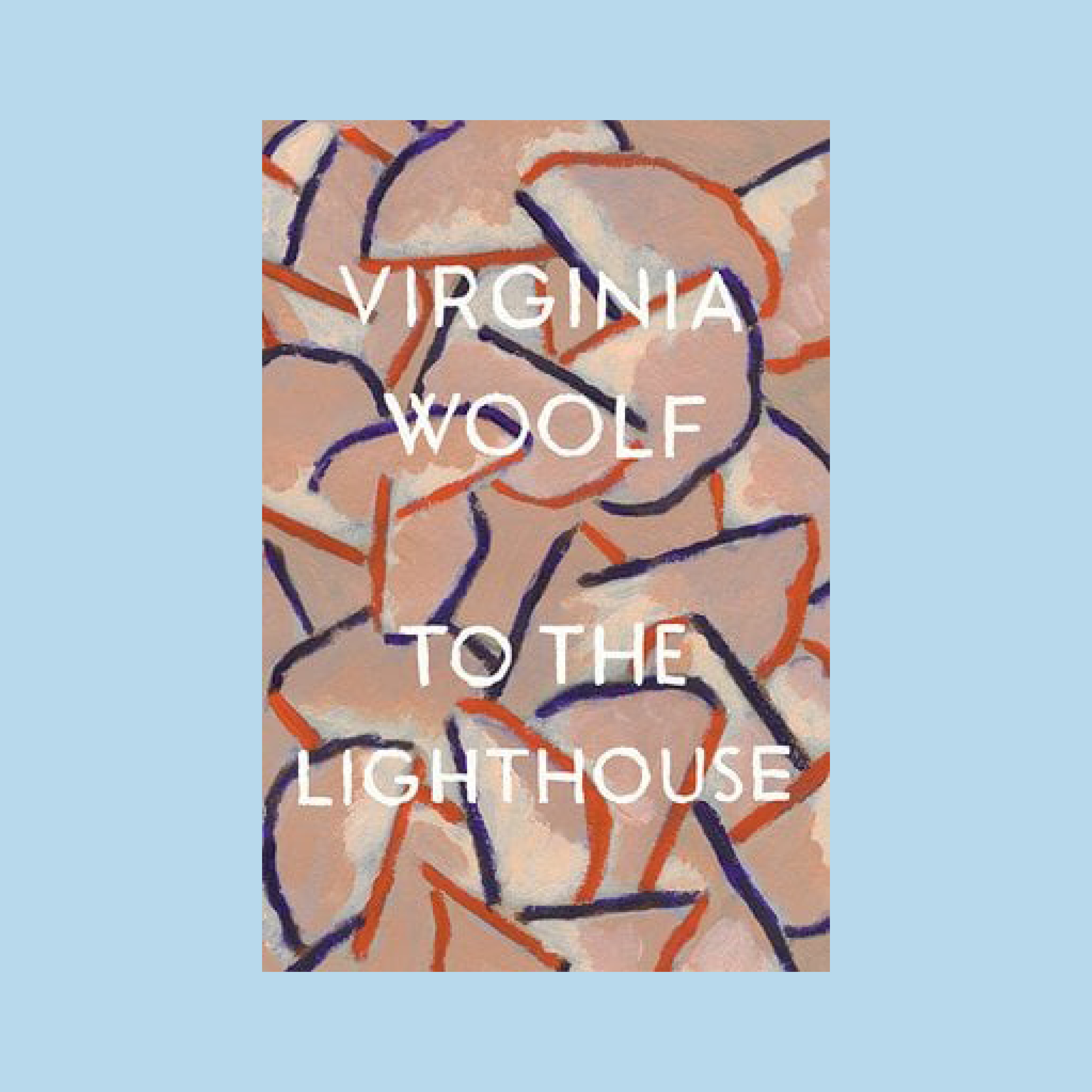APS TOGETHER
Day 2
To the Lighthouse by Virginia WoolfPart I, Chapters 4-5
May 2, 2023 by Mona Simpson
Chapter 4
Someone both ridiculous and alarming, identified only by the pronoun “he” comes down shouting a line from a Tennyson poem, almost knocking over Lily Briscoe’s easel. How do we know this is Mr. Ramsay, despite the fact the chapter is about the tentative gentle friendship between the painter and William Bankes?
William Bankes: old enough to be Lily’s father, a widower, a botanist, very clean, comes to the Hebrides with a valet, objects to dogs on chairs, who values rate sensible shoes (“which allow for the expansion of the toes”) over feminine allurements.
He thinks of: the death of his friendship with Mr. Ramsay, which occurred during a walk on a stretch of road, when Ramsay had stopped to admire (“pretty—pretty”) a hen, sheltering her chicks. After that, Ramsay had married and “the pulp went out of their friendship.”
He feels something towards Ramsay’s youngest daughter, Cam, who is “wild and fierce” and will not give him a flower as her nanny tells her to.
He privately names the Ramsay children after the Kings and Queens of England.
He marvels at how Ramsay manages “to feed eight children on philosophy.”
He judges: Ramsay did his best work before forty, he wrote one book that mattered at twenty-five, the rest, he deems, is repetition. Still, he stipulates, the number of men who make a definite contribution is very small.
(Does William Bankes count himself in that number?)
Lily Briscoe: keeps house for her father off the Brompton Road, feels her own insignificance, her inadequacy.
A wall is “staring white” to her.
“She could see it all so clearly, so commandingly, when she looked: it was when she took her brush in hand that the whole thing changed.”
She thinks: sand dunes and waves “seem to outlast [the gazer] by a million years.”
Whenever she considers Mr. Ramsay’s work, she sees “clearly before her a large kitchen table.”
When she thinks of Mr. Bankes work, she sees “sections of potatoes.”
When she thinks of Mr. Bankes, himself, she thinks: you are the finest human being that I know.
Is romance possible?
Chapter 5
“Smiling, for it was an admirable idea, that had flashed upon [Mrs. Ramsay] this very second—William and Lily should marry…”
Why is it that the match-making of minor characters in novels is so riveting…
In this chapter, we have the marriage of the real and the ideal. The house, with its mold, the old furniture, chairs with spills, is affordable and the children love it. Books are part of the mess of life, part of the Ramsay family’s beauty but Mrs. Ramsay herself never has time to read them.
She is this book’s Prospero.
There’s a meditation on her beauty, about whether it means anything, on whether there’s anything behind it. Mr. Bankes idealizes her, thinking “The Graces assembling seemed to have joined hands in meadows of asphodel to compose that face” as he tells her he’s catching the 10:30 train. He suspects she has no awareness of her beauty.
But she does. Of course she does.
